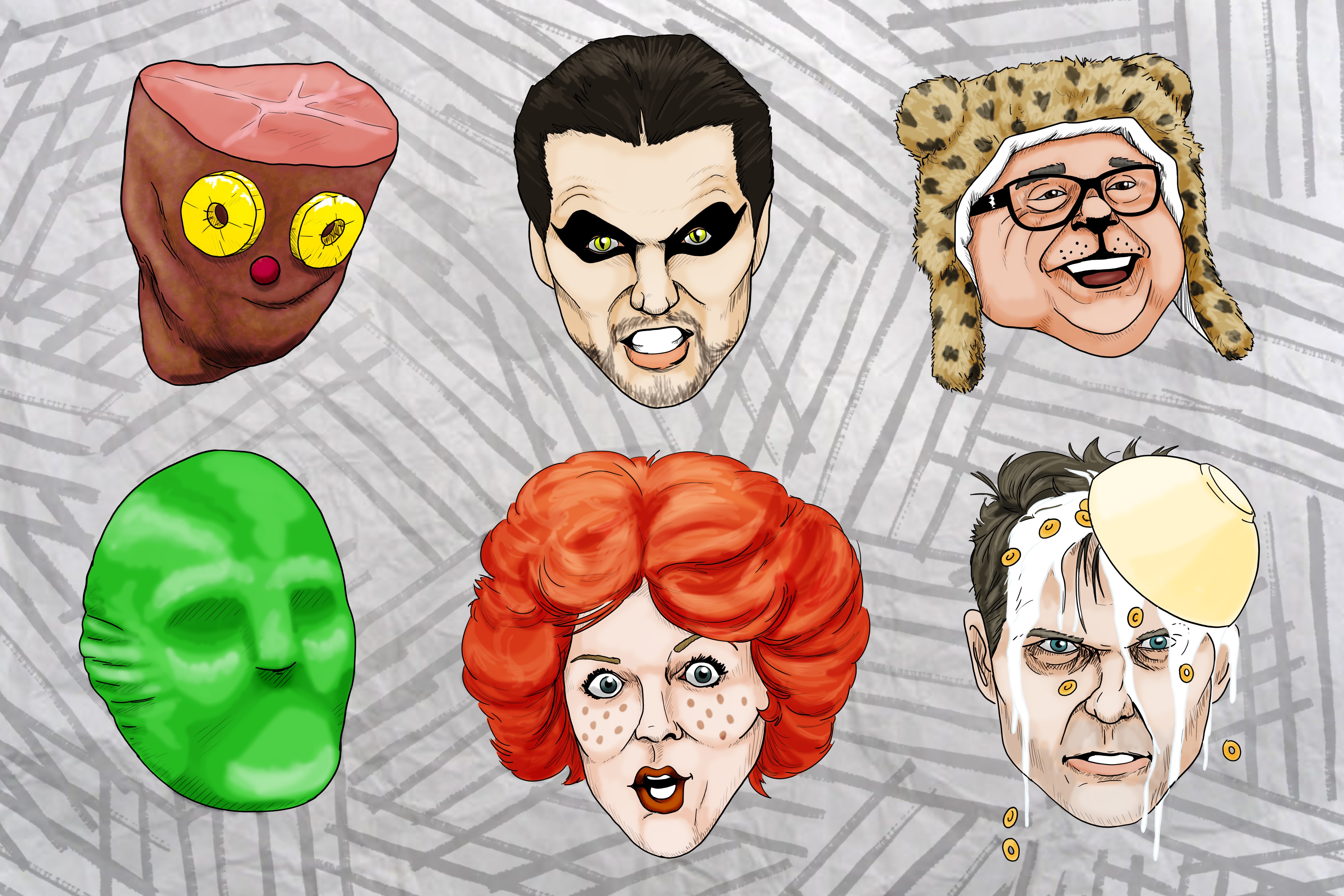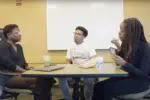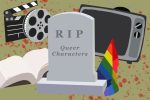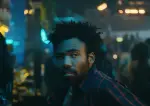In 2018, plenty of TV series express their opinions on social issues. Shows like “Dear White People” and “Scandal” directly portray society’s hot-button political issues. But some, like “It’s Always Sunny in Philadelphia,” which has a decidedly different approach to discussing controversial topics, don’t state their political stance so blatantly.
At first glance, “Always Sunny” is a comedy, placing its ridiculous caricatures of dysfunctional people in over-the-top scenarios for the sole purpose of making audiences laugh. In the 12 seasons it’s been on the air, however, “Always Sunny” has spent a lot of its time tackling social issues in a unique way.
The premise of the show sees a cast of abhorrent human beings — Charlie, Dee, Mac, Dennis and Frank are all terribly selfish, ignorant and narcissistic — get themselves involved in various schemes and shenanigans. So, when issues like race and poverty come up, their overly offensive stances on the topics surprise no one.
The first-ever episode of the show, back in 2005, “The Gang Gets Racist,” hinges on a white person’s privileged perspective on racism in modern America. The gang becomes visibly uncomfortable and tongue-tied when Dee brings home a black man that she’s dating, and they eventually end up trying to prove to themselves and others that they’re not racist.
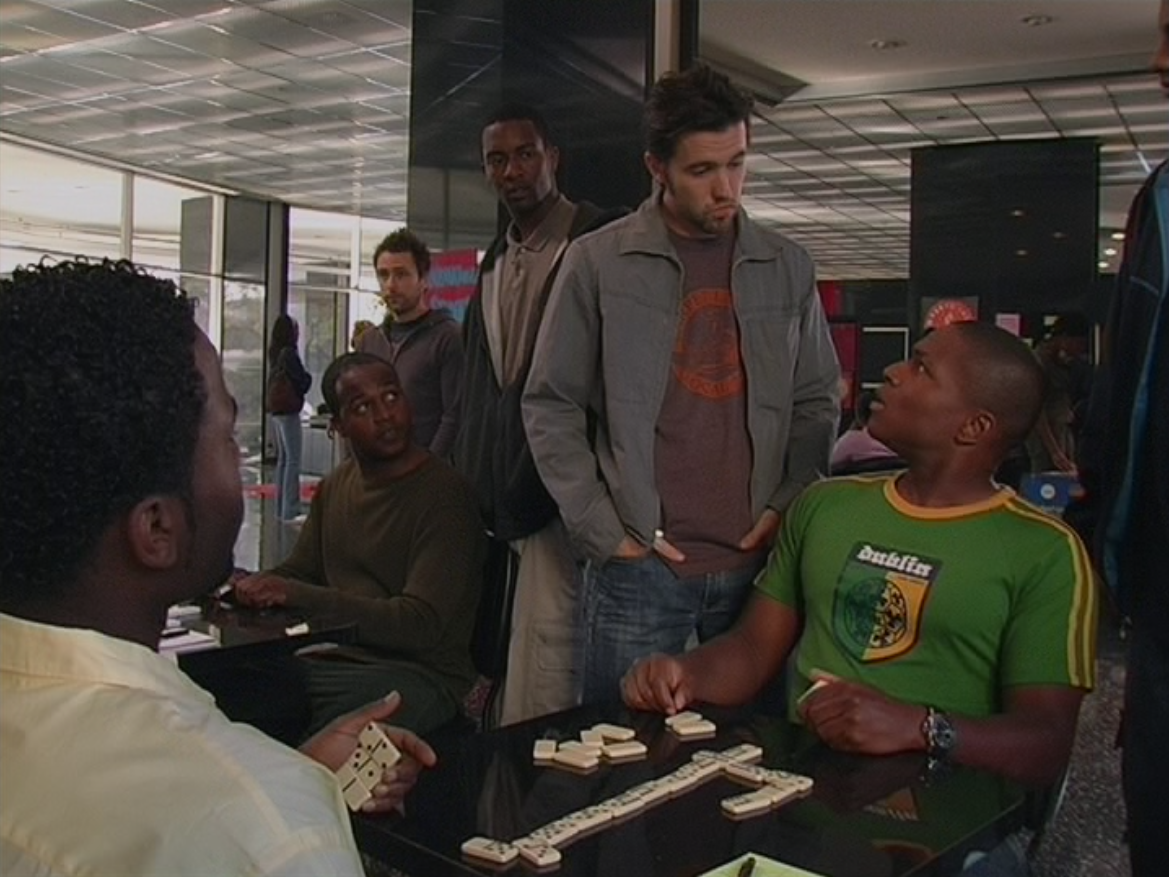
The racist comments that the characters make throughout the episode — and throughout the series — make audiences uncomfortable by design, while simultaneously evoking humor at their level of ignorance. The gang makes racist remarks all the time, such as constantly pointing out a character’s race when they are anything other than white.
These comments can be interpreted as a commentary on how many white Americans still think similarly about race, even if they themselves espouse a tolerant or progressive stance. The showrunners take this to its extreme with “The Gang Turns Black,” which sees a cast of black actors replace the gang, and they wake up in an alternate universe that forces them to experience life as black people in America.
The episode puts topics like police brutality and racial profiling at the forefront — which, by the way, is also a musical. Portraying such intense, hard-hitting topics in an accessible, entertaining way forces audiences to pay attention, the social issues becoming more shocking and uncomfortable to a viewer who might not normally pay them any attention.
At the end of “The Gang Turns Black,” since it was only a dream, the characters end up not having learned anything at all, which might be frustrating for a viewer like me that’s rooting for their growth. But the intelligent ending fits, letting the group finish the episode still comfortable in their ignorance, privilege and narcissism, just as you would expect.
“Always Sunny” also portrays sexism frequently throughout the show. The rest of the gang treats “Sweet Dee,” the only woman in the main cast, like most token women in society — constantly ignored, mocked and talked down to by the men surrounding her.
She’s often mansplained to or dismissed with the derogatory nickname “Bird,” referencing what the others see as her bird-like appearance. Additionally, most of the guys constantly objectify any woman they come across, further reinforcing their bigoted personalities.
The show also explores the hypocrisy of the modern Catholic Church. Mac, a self-proclaimed Catholic, fully embodies what it means to be religious hypocrite.
In Episode 2, “Charlie Wants an Abortion,” Mac strongly protests Charlie’s wishes, claiming to be pro-life in accordance with the church. But at the end of the episode, he finds himself in a situation where he, too, realizes he needs his partner to get an abortion.
Mac’s also expresses very outwardly anti-gay views throughout the show, but he ends up coming out as a homosexual himself by Season 12. This very strong commentary on the hypocrisy of religious intolerance is both humorous and blunt.
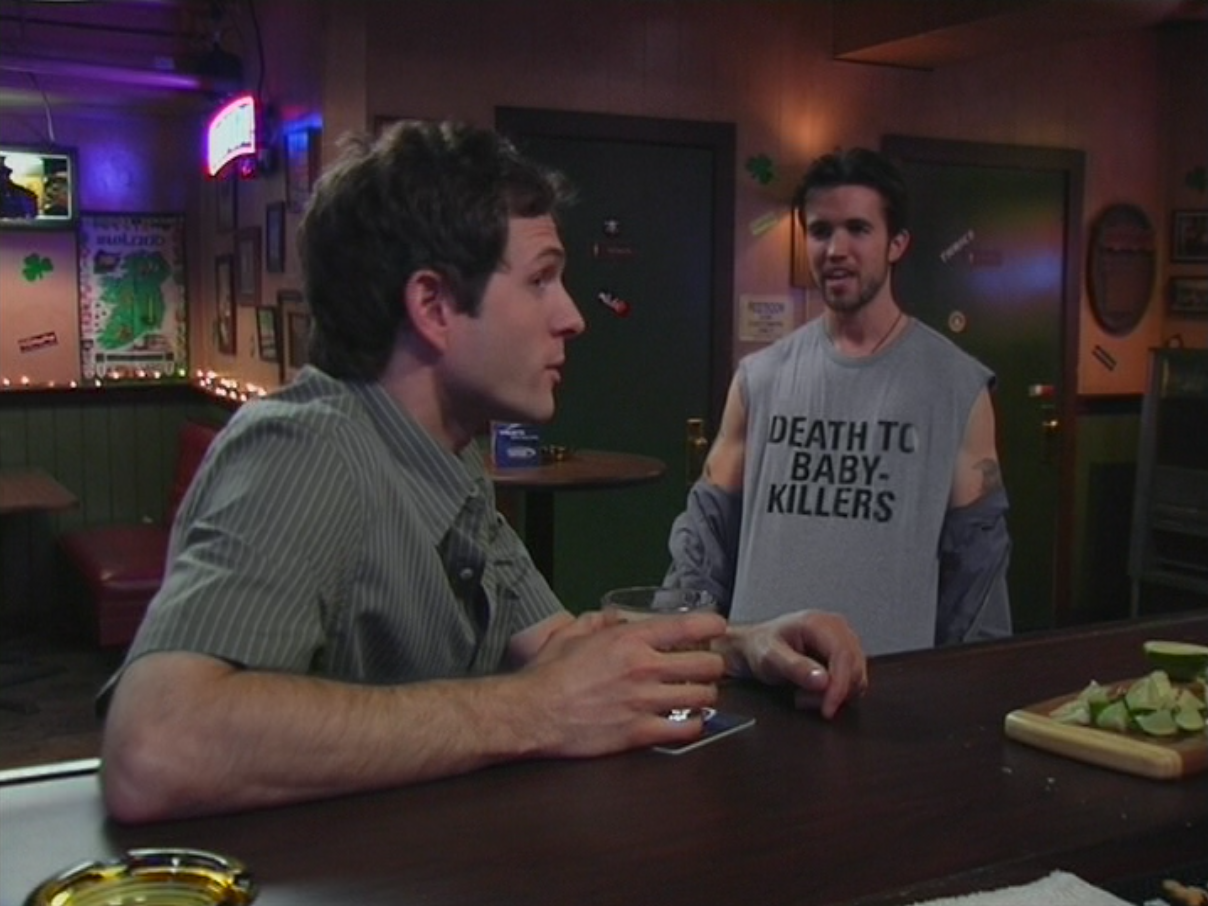
One of the show’s most overtly political episodes, Season 12’s “Gun Fever: Still Too Hot,” examines both sides of the controversial gun debate in America. In a passionate reaction to a shooting, half of the gang — Dennis and Dee — decide that there should be more gun control in America, while the other half — Charlie and Mac — thinks that there should be more guns protecting against the wrong people.
Each faction attempts to prove the other half wrong, but all of them seem to have swapped arguments by the episode’s end. The show presents both extremes to a controversial issue and how each side can understand the other.
“Always Sunny” might not always take a certain stance on an issue, but you can always count on them to throw controversial topics in people’s faces. The show talks about social issues ironically, using dark comedy to make audiences feel unsettled after certain jokes and forcing them to think of issues after they’ve already let their guards down to watch a “comedy.”
Only taking “Always Sunny” at face value — as a comedy with outrageous storylines and an agenda to make fun of the marginalized — does it a massive disservice. The writers of the show bring a wide audience to a setting where they can’t turn a blind eye to the world going on around them.
Creating a group of preposterously immoral characters inherently means addressing topics like prejudice and privilege. And it’s crucial to pay attention to the details of this show, which often contradict the gang’s viewpoints and contest their morality.
“It’s Always Sunny in Philadelphia” has a special approach to its comedy format: bring social issues to the table in the midst of absurdity and effectively force audiences to think them through in a way the show’s characters could never even imagine.


